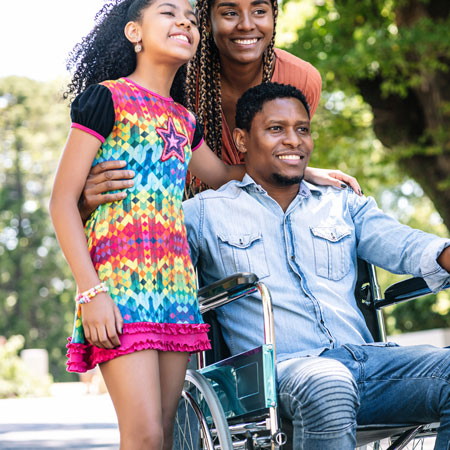Frequently Asked Questions




Frequently Asked Questions
How does Collaborative Divorce differ from other methods of dispute resolution?
Litigation is the traditional legal approach. In this model lawyers engage in a more adversarial approach which often includes the judge and/or jury in order to reach a resolution. Often this scenario concludes in a manner that is not satisfactory to either party. However, in some circumstances, litigation may be the only appropriate option. For example, if a party consistently hides information or is abusive, the formal procedures used in litigation may be necessary. If a party is unwilling to negotiate in good faith, the ultimate decision may need to be imposed by a judge. Litigation usually costs more than other forms of dispute resolution.
In mediation, a neutral professional assists the parties in settling the dispute. Generally, the parties agree that all information will be shared. The mediator does not represent either party and the parties do not go to court. In some forms of mediation, representing attorneys serve only in a consulting or reviewing capacity. In other situations, representing attorneys participate in the mediation. Mediation can work well for parties who have the ability to communicate their needs directly to the other person and who are able to understand and analyze the information being presented.
Collaborative Divorce combines the positive qualities of litigation and mediation. As in litigation, each party has an independent attorney who will provide quality legal advice and will assist in putting forward the client’s interests. Drawing from mediation, the parties and their attorneys in the collaborative practice model commit to an open information gathering and sharing process and a resolution of their differences without going to court. In addition, the parties can mutually agree to engage other professionals such as child specialists, financial specialists, collaborative divorce coaches, vocational counselors or other neutral consultants to provide them with specialized assistance. The parties acknowledge that the best result for each of them will occur when they are able to work toward a resolution that resonates with each other.
How do the parties and the collaborative team work together?
At the beginning of the case, the parties will make an initial decision regarding which collaborative professionals will initially be retained. During the process, the client may meet individually or jointly with his or her attorney and the other retained collaborative professionals. The collaborative professionals work with each other and with their clients to plan each meeting. The focus is on education regarding the underlying information, each party’s interests and possible solutions. Out of this process, a settlement which meets the approval of the parties can be fashioned.
Must an agreement be reached in Collaborative Divorce?
Any solution must be voluntarily agreed to by all parties. No party is forced to accept a solution that does not meet his or her interests and needs.
If the parties reach an agreement through Collaborative Divorce, what happens next?
The collaborative attorneys will draft the necessary legal documents to memorialize the parties` agreement. This paperwork is then submitted to the court for approval. A court hearing is not required. Neither the attorneys, nor the parties, appear in court.
What happens if a settlement cannot be reached?
Why is it necessary for the collaborative attorney to withdraw if an agreement is not reached?
Who should consider the collaborative approach for their dispute?
Collaborative Divorce works best for parties who wish to settle without going to court and are willing to commit to a good faith effort to do so. In collaborative practice, each party maintains control over his/her decision-making rather than having a judge decide about important details of his/her future. Parties also control the amount of information that becomes a part of the public record (normally, the entire divorce file is open to the public, including any allegations made by either party in obtaining temporary orders or at trial).
What do I do if I want to use Collaborative Divorce for my dispute?
You will need to find collaborative professionals whom you can trust to provide you with both quality advice and the skills needed to work towards a settlement. The following organizations provide a great place to locate individuals in your area who are a part of the Collaborative Divorce professional network:
- International Academy of Collaborative Professionals
- Collaborative Practice California
- Collaborative Practice of San Mateo
- Collaborative Practice of San Francisco
- Collaborative Practice of Silicon Valley
- Collaborative Practice of the East Bay
- Collaborative Practice Marin
You can choose to meet with any of the collaborative professionals (legal, financial or mental health), who can then help you retain other collaborative professionals. You can also discuss how to approach the other party about choosing the collaborative process.
